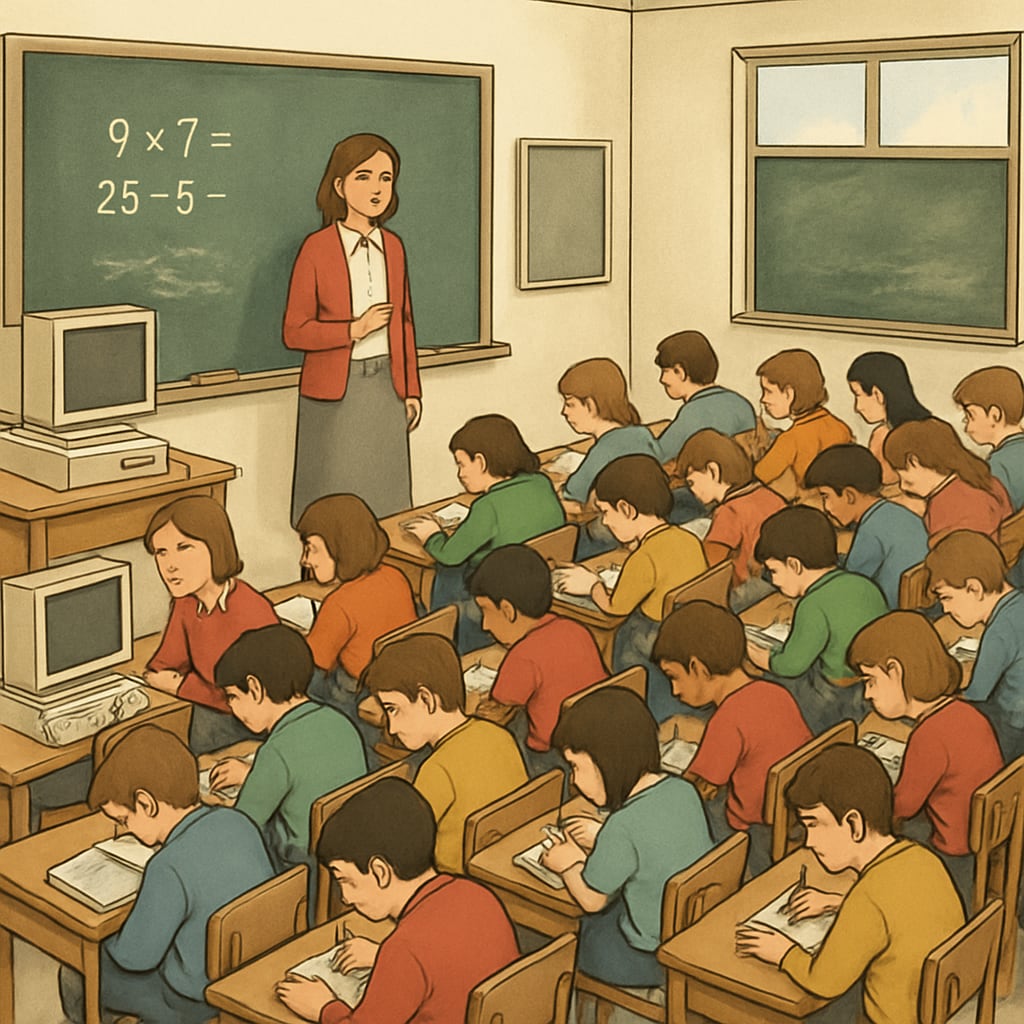In today’s K12 education system, the challenges surrounding teacher rights, work environment, and school management have reached alarming levels. Teachers are often expected to deliver exceptional performance in classrooms while navigating systemic obstacles that hinder their ability to thrive professionally and personally. These struggles not only affect educators but also have long-term implications for students and the broader education system.

The Erosion of Teacher Rights
One of the most pressing issues facing educators is the erosion of fundamental teacher rights. Many teachers report feeling unheard when it comes to decisions that directly impact their work, such as curriculum design, workload distribution, and resource allocation. In some cases, they are subjected to rigid policies that leave little room for flexibility or creativity in their teaching methods.
For example, in many school districts, teachers are required to adhere strictly to standardized testing guidelines, limiting their ability to tailor lessons to their students’ unique needs. This lack of autonomy not only stifles professional growth but also leads to burnout, as educators feel their expertise is undervalued.
According to Britannica’s overview on education, a supportive and rights-driven environment for teachers is critical for fostering innovation and student success. Without such support, the teaching profession risks losing its appeal to future generations.
Challenging Work Environments
In addition to diminished rights, many teachers face challenging work environments characterized by overcrowded classrooms, insufficient resources, and lack of administrative support. These conditions make it difficult for educators to provide quality education and maintain their mental and physical well-being.
For instance, the growing student-to-teacher ratio in public schools means that teachers must manage large groups of students, often with diverse learning needs. This not only affects the quality of education but also places enormous pressure on educators, who are already juggling multiple responsibilities.
Furthermore, outdated facilities and limited access to technology exacerbate these challenges. Teachers often find themselves using personal funds to purchase classroom supplies, a situation that underscores the systemic neglect of educational infrastructure.

School Management and Professional Respect
School management practices play a crucial role in either alleviating or intensifying teacher struggles. Unfortunately, many educators feel sidelined by top-down management approaches that prioritize bureaucratic efficiency over teacher welfare. This lack of respect for their professional expertise can lead to low morale and high turnover rates.
Effective school management should involve meaningful collaboration between administrators and teachers. Policies should be designed to empower educators, recognizing them as key stakeholders in the decision-making process. For example, regular feedback sessions, professional development opportunities, and transparent communication can significantly improve teacher satisfaction and retention.
As highlighted in Wikipedia’s education policy article, inclusive management practices are essential for creating a positive work environment that benefits both teachers and students.
Call for Systemic Change
To address these issues, systemic change is necessary. Education policymakers must take proactive steps to ensure fair treatment of teachers, including better compensation, improved working conditions, and stronger protections against workplace discrimination. Additionally, schools should invest in modern infrastructure and resources that enable educators to perform their roles effectively.
- Implement policies that prioritize teacher input in curriculum development.
- Reduce classroom sizes to manageable levels.
- Provide access to professional development programs and mental health support.
- Ensure equitable distribution of resources across all districts.
By creating a fair and respectful educational ecosystem, society can empower teachers to fulfill their mission with dignity and enthusiasm. This, in turn, will pave the way for an improved quality of education for students and a healthier working environment for educators.
Teachers deserve recognition not only for their contributions to shaping young minds but also for their resilience in the face of systemic challenges. It’s time to amplify their voices and prioritize their rights to build a stronger future for education.


